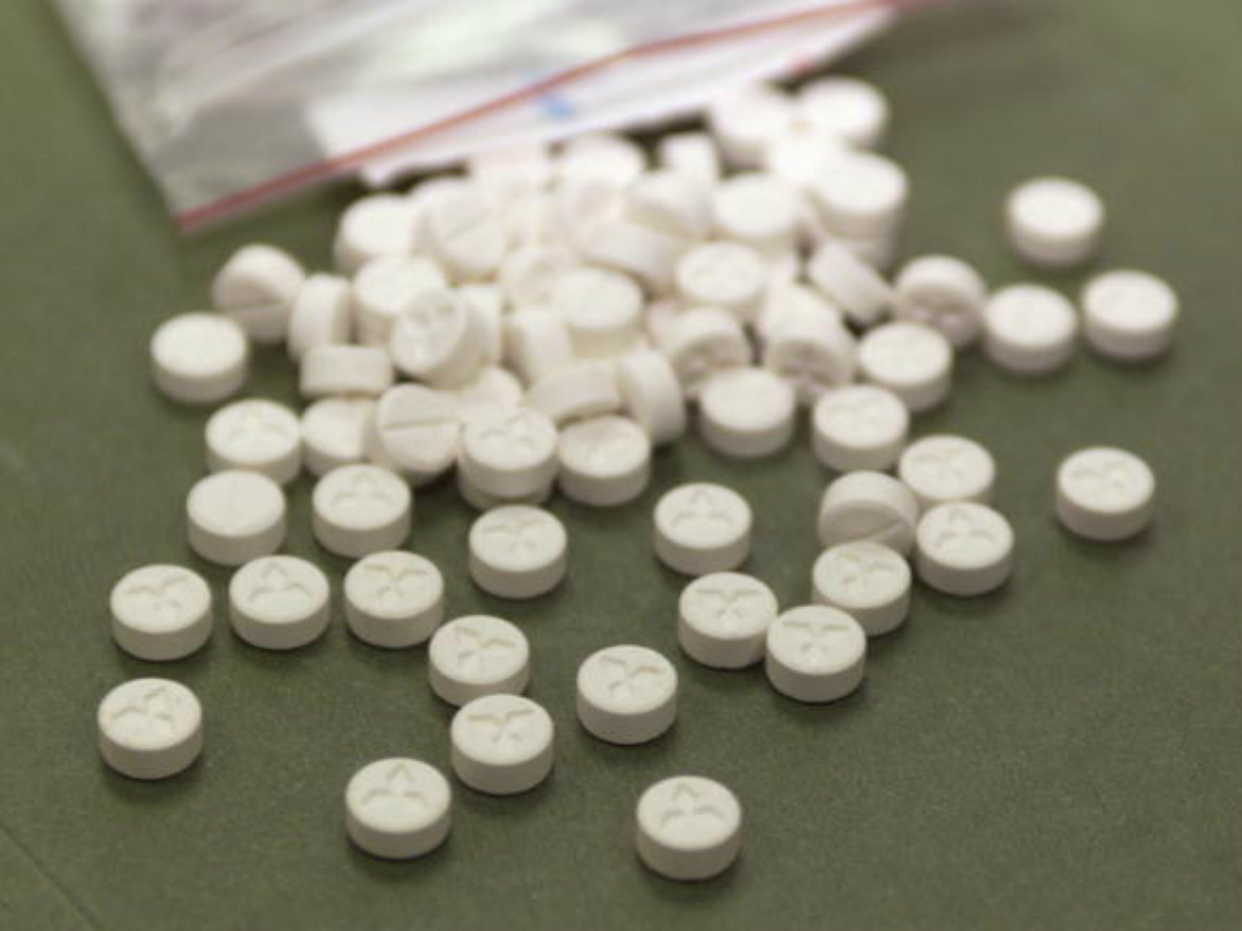Why antidepressant prescriptions have doubled since 2008
De-stigmatisation, social media and even Brexit cited as factors in rise

A free daily email with the biggest news stories of the day – and the best features from TheWeek.com
You are now subscribed
Your newsletter sign-up was successful
Doctors in England are issuing nearly twice as many antidepressants as they were in 2008, according to newly released data.
A total of 70.9m prescriptions for conditions including depression and anxiety were dispensed by NHS England in 2018, “almost double the 36m dispensed a decade ago in 2008”, says The Guardian.
Similar rises have also been recorded in Scotland and Northern Ireland, while “in Wales, the number of items dispensed rose by 168% between 2002 and 2017,” the BBC reports.
The Week
Escape your echo chamber. Get the facts behind the news, plus analysis from multiple perspectives.

Sign up for The Week's Free Newsletters
From our morning news briefing to a weekly Good News Newsletter, get the best of The Week delivered directly to your inbox.
From our morning news briefing to a weekly Good News Newsletter, get the best of The Week delivered directly to your inbox.
So why are more and more Brits seeking out antidepressants?
The picture may not be as negative as it first appears. Mental health experts say the steep rise in the number of prescriptions is partly the result of “increased understanding of depression, and rising numbers feeling able to ask for help”, The Daily Telegraph reports.
This theory is supported by the decrease in the number of deaths by suicide, which in 2017 fell to a rate of rate of 10.1 deaths per 100,000 – “one of the lowest rates observed since our time series began in 1981”, according to the Office for National Statistics.
As well as the positive effects of improved education and de-stigmatisation surrounding mental health, some experts cite the stresses and strains of modern life as a factor driving the increase in depression diagnoses.
A free daily email with the biggest news stories of the day – and the best features from TheWeek.com
This includes feelings of loneliness and isolation linked to a lack of meaningful face-to-face interaction.
Marjorie Wallace, chief executive of the mental health charity SANE, told the Telegraph that “the impact of social media and fragmentation of relationships with family, friends and the wider community” is one factor behind the rise in calls to the charity’s helpline.
Vicki Nash, Head of Policy at mental health charity Mind, adds that the wider political and social climate, such as the current turmoil over Brexit, also has an impact on emotional wellbeing.
“We currently live in turbulent times and the impact of Brexit on the nation’s mental health is hard to measure,” she said. “We know political and world events can create a great deal of uncertainty, which can make some of us feel anxious, stressed and down.”
However, Professor Wendy Burn, president of the Royal College of Psychiatrists, sounded a note of caution around the increasing prevalence of antidepressants.
While medication can be “lifesaving” for patients struggling with moderate or severe depression, “they should not be the ‘go-to’ for first instances of mild depression”, she told The Independent.
“We need to ensure there is investment in alternative treatments such as talking therapies, and more research into the most effective ways of helping all patients suffering from a mental illness,” she added.